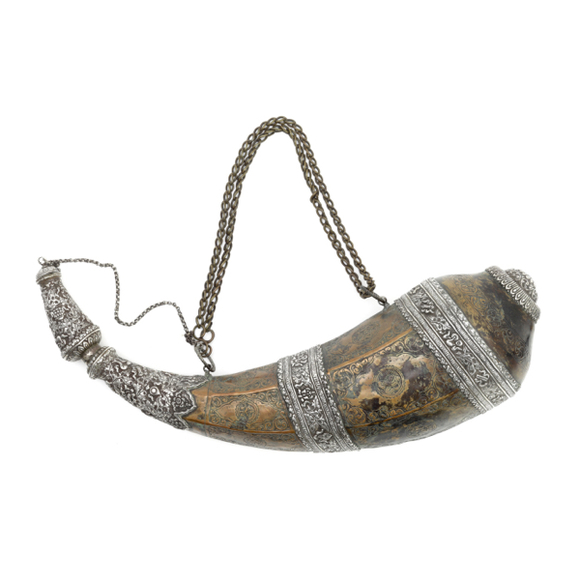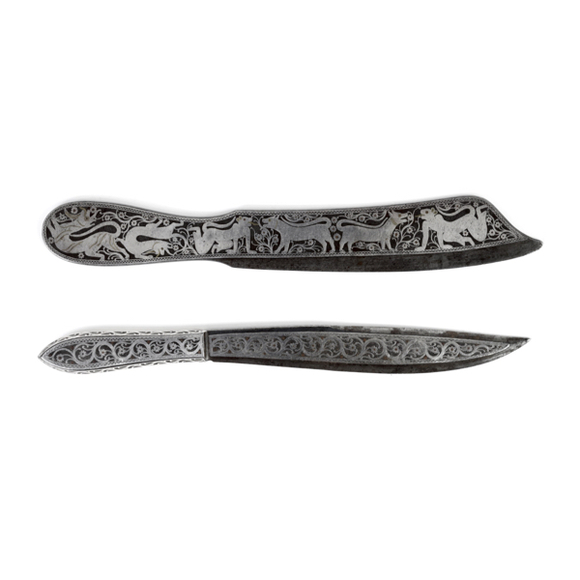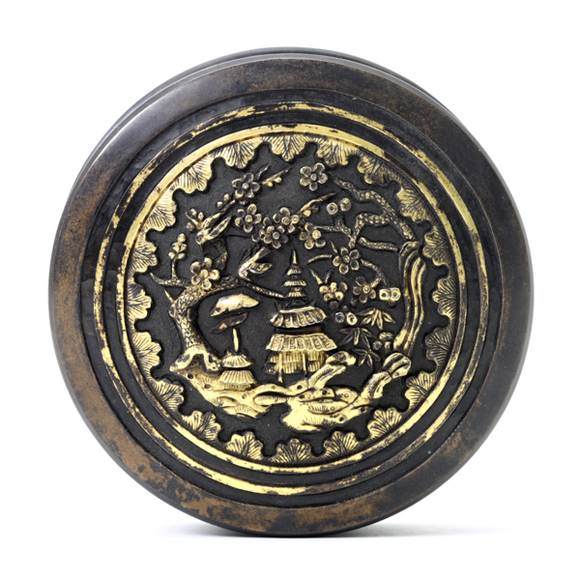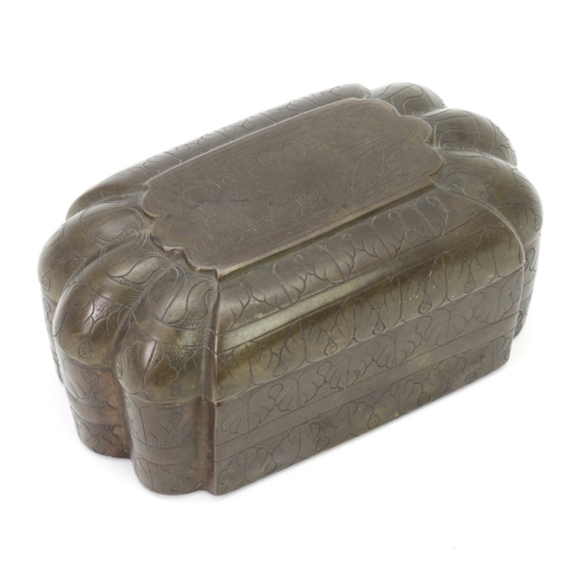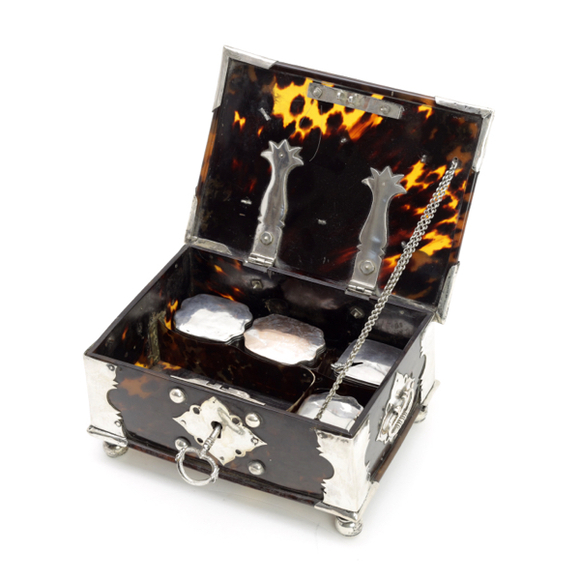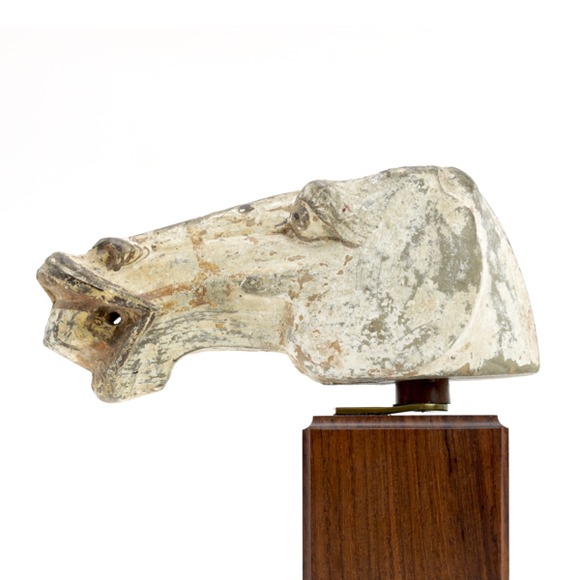Language: Mandarin Chinese
Source: Classical literature
Description
Huǒ lián bāo (火䥥包) literally means "fire sickle bag".1
It is a small fire making pouch customarily worn by Tibetans, Manchus, Mongolians and other outdoorsy people in and around the Qing dynasty Chinese empire and the Himalayas.
The pouch carried flint and tinder while the curved iron bottom of the pouch was used to strike the flint to create sparks.

A huǒliénbāo with a piece of flint
In other languages
Page from the Qing "Five Language Mirror" of 1790:

From top to bottom:
Manchu: yatarakū fadu
Tibetan: me-khug
Manchu pronunciation of Tibetan
Mongolian: ketebči
Uygur: čāxmāq katāčī
Manchu pronunciation of Uygur
Chinese: Huǒ lián bāo (火䥥包) 2
Related terms
Huǒ shí (火石): "Flint" (Manchu: hirha)
Huǒ róng (火絨): "Tinder" (Manchu: šašun)
Dǎ huǒ (打火): "To strike fire" (Manchu: yatarambi) 3
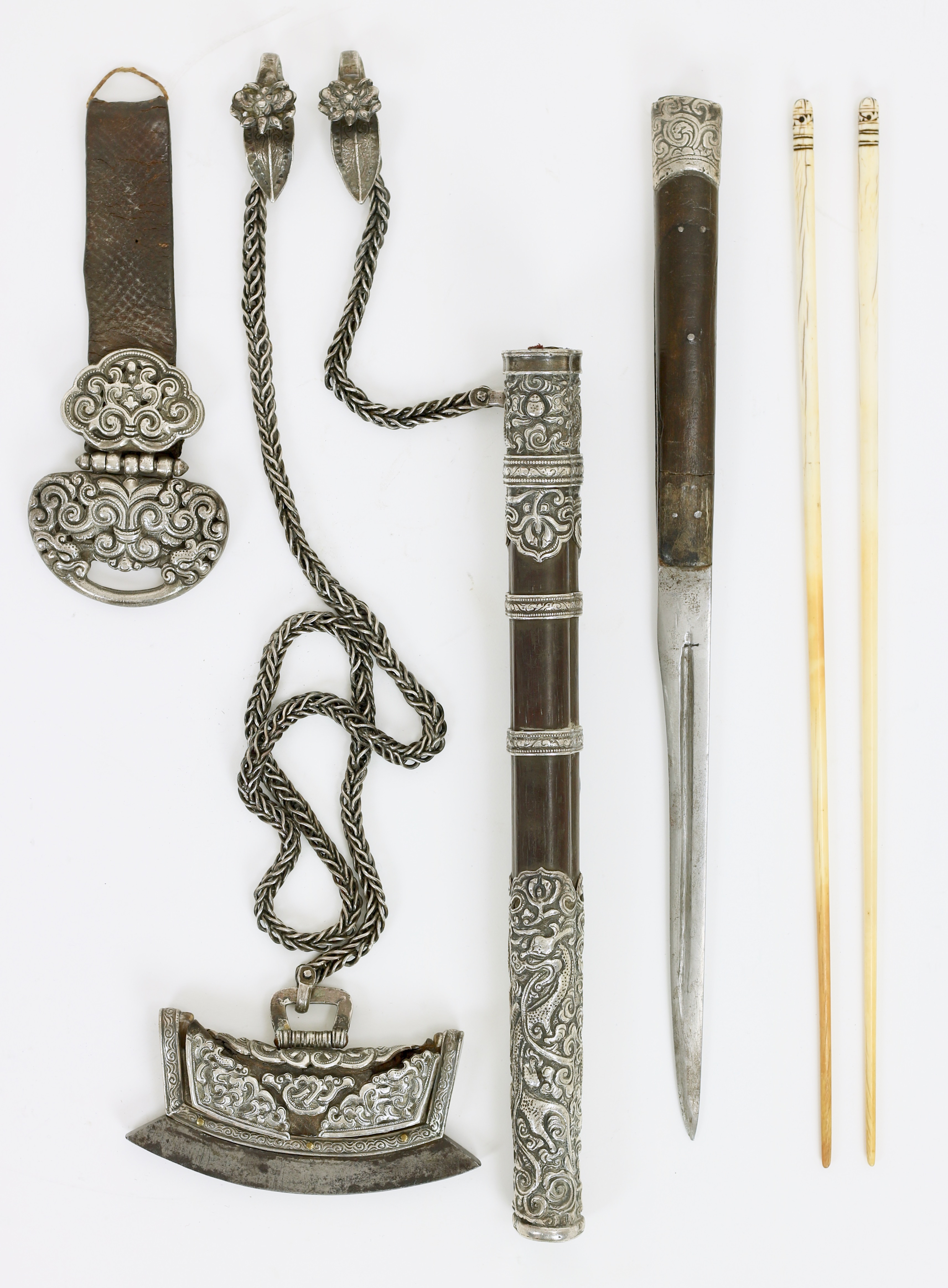 A Mongolian knife set with a matching fire striking pouch.
A Mongolian knife set with a matching fire striking pouch.
References
1. Tongwen Guanghui Quanshu (同文廣彙全書) or "Enlarged and complete dictionary" of 1704. A Qing imperial dictionary in Chinese and Manchu, each entry double-checked and approved by the Kangxi emperor.
2. Wuti Qingwen Jian (五體清文鑑)or "Five Languages Mirror", a Qing imperial dictionary in Manchu, Mongolian, Uighur, Tibetan and Chinese of 1790. Commissioned by and published under the Qianlong emperor. Page 3284. Chapter 21; Clothing and jewelry.
3. Tongwen Guanghui Quanshu (同文廣彙全書) or "Enlarged and complete dictionary" of 1704.

